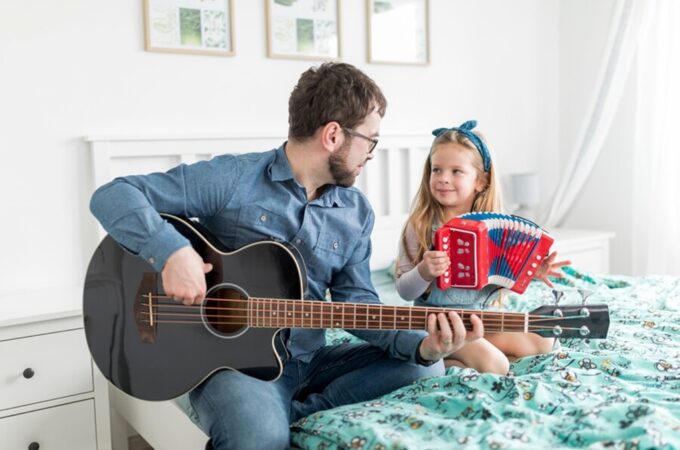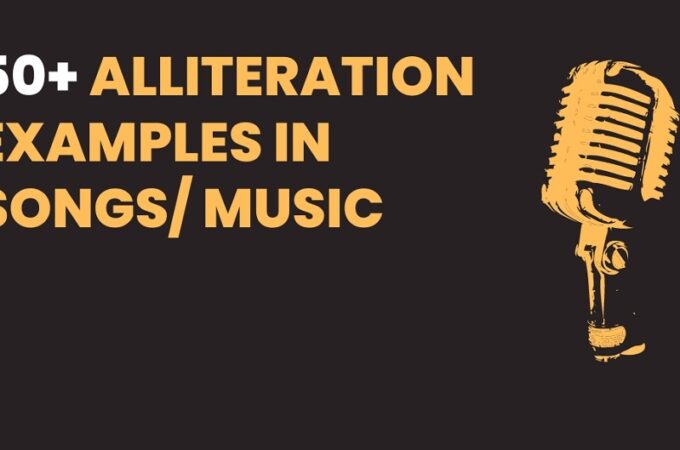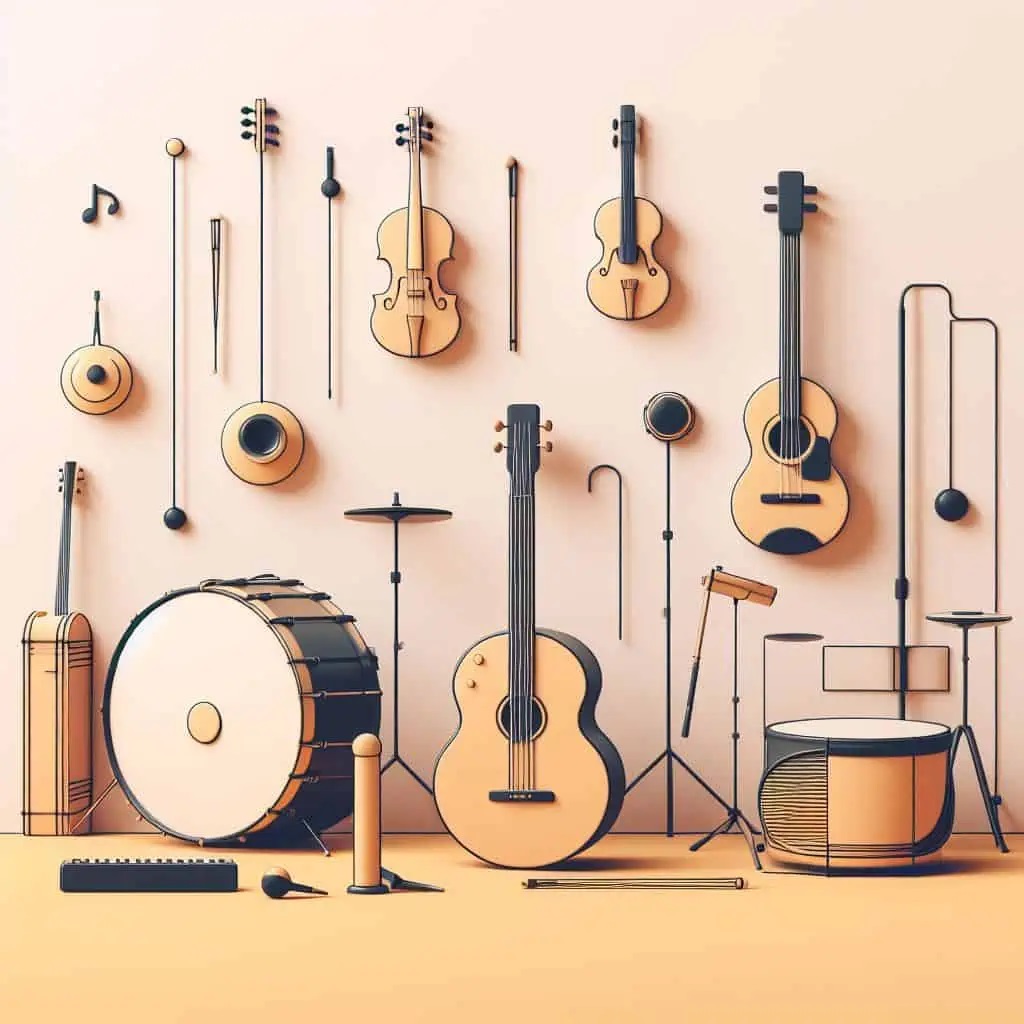
How to Start an Instrument Rental Business
Have you ever wanted to start a business renting out musical instruments? An instrument rental company allows musicians to rent instruments for an affordable price instead of having to buy them. This makes playing music more accessible for students, beginners, and hobbyists who may not be able to afford to purchase their own instruments upfront. Starting an instrument rental business can be a great small business opportunity if you have a passion for music. The initial investments may seem high when stocking your inventory of rental instruments, but the recurring revenue from rentals can make this a profitable venture over time. This business also scales well – you can start small by renting out just a few common instruments, then expand your inventory as your customer base grows.
In this comprehensive guide, we’ll cover everything you need to know about starting a successful instrument rental business, including:
Table of Contents
ToggleOverview
- Evaluating the business opportunity
- Startup costs & financing options
- Building your inventory of rental instruments
- Setting rental rates & fees
- Creating a website & marketing your services
- Understanding legal considerations & insurance
- Growing your operations long-term
Let’s get started!
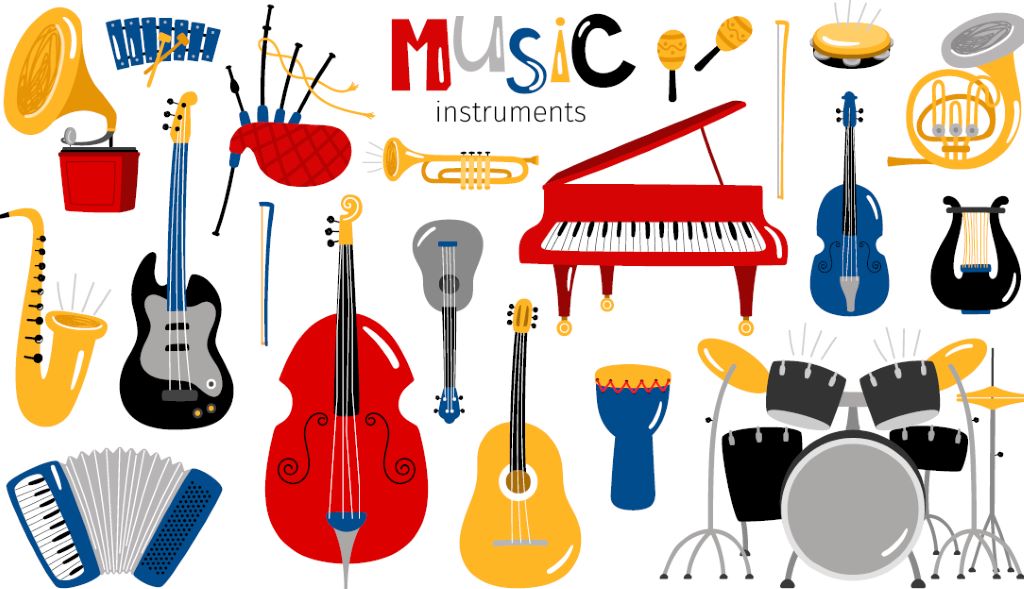
Evaluating the Instrument Rental Business Opportunity
The instrument rental industry serves a few key customer groups:
- Students learning to play an instrument through school band or orchestra
- Parents renting instruments for their children to try out before committing to buying
- Beginners trying out a new instrument before deciding to purchase
- Musicians that need an instrument for a short period of time
- Hobbyists that only play occasionally and don’t want to buy
This is a $600 million industry in the U.S. alone – so yes, there is significant demand to support an instrument rental business if you live in a populated area with schools.
You’ll also want to research the local competition and see if there are any existing rental shops near you. It’s ideal to be located in an area underserved by instrument rental companies so you can more easily capture market share. Being close to schools, universities, and urban areas with a thriving cultural scene also helps drive business.
Some key advantages of running an instrument rental business include:
- Recurring revenue – Instruments are rented out on a monthly or annual basis, creating a predictable revenue stream
- High margins – The gross profit margin on instrument rentals can be 60-75%+
- Scalability – You can start small then expand your inventory and raise additional capital once your concept is proven
- Recession resilient – Music education programs may get cut in economic downturns, but individuals keep renting
- Personal rewards – Getting to help bring the joy of music into more people’s lives!
Let’s look at startup costs…
Startup Costs & Financing
The average cost to start an instrument rental business in the U.S. ranges from $20,000 to $100,000+, depending on the number of instruments you plan to stock and whether you opt for a physical retail space or simpler online operation.
Primary startup expenses include:
- Instruments -sourcing quality, used instruments for rentals
- Online platform – building a rental website, booking system, and marketing
- Warehouse space – storing your rental instrument inventory
- Insurance – covering potential damages, theft, liability claims
- Packing materials – cases, bags to transport instruments safely
Financing Your Business
Most entrepreneurs fund their startups through some combination of the following:
- Personal savings
- Loans from friends & family
- Small business loans or SBA loans
- Business lines of credit
- Crowdfunding from customers
- Angel investors or VC funding (for very rapid growth)
For an instrument rental business, you may specifically want to look into music industry loans and financing groups familiar with this niche. Building relationships with local instrument retailers can also allow you to get favorable payment terms when sourcing your initial inventory.
Next, let’s examine exactly what instruments to buy…
Building Your Rental Instrument Inventory
Choosing the right mix of instruments is crucial when first stocking your rental company. Strike the perfect balance between profitable staples (like guitars and keyboards) and more specialty instruments that will make your shop stand out.
When deciding which instruments to buy, consider factors like:
- Popularity – how often is an instrument requested for school music programs and individual rentals?
- Price – balance affordable instruments with higher-ticket rentals
- Profit margins – buy instruments you can rent out at 2-4x your cost
- Condition – prioritize used instruments in good, working order
- Value – mix student models with pro-level instruments
- Diversity – offer variety to appeal to more musicians
- Growth opportunities – leave room in your budget to expand inventory
Here are some of the most essential instruments to include:
Guitars
Both acoustic and electric guitars are extremely popular for individual rentals. Consider stocking:
- Steel-string acoustic guitars
- Nylon-string classical & flamenco guitars
- Electric guitars – Stratocaster or Telecaster styles
- Acoustic-electric guitars
- Bass guitars
- Guitar amps & effects pedals
Keyboards
Digital pianos and keyboards see high demand for rentals. Options include:
- 88-key weighted digital pianos
- 76-key keyboards good for beginners
- Portable 61-key models for traveling
- Keyboard stands, pedals, cases & headphones
Band & Orchestral Instruments
Carrying the instruments students need for school music programs will drive a lot of rentals. Some top instruments in this category include:
- Violins, violas, cellos, basses for orchestra
- Flutes, clarinets, saxophones, oboes, bassoons
- Trumpets, horns, trombones, tubas, euphoniums
- Percussion – snare drums, bell kits, xylophones, marimbas
Niche Instruments
Having unique instruments beyond just guitars and pianos makes you more of a destination. Some possibilities:
- Ukuleles
- Mandolins & banjos
- Bagpipes & accordions
- Harps
- Rare vintage instruments
To start, we’d recommend purchasing at least 10 instruments in your most in-demand categories, then expanding your offerings over time. Let’s look at sourcing options…
Sourcing Rental Instruments
You have a few options when acquiring instruments to rent out:
- Buy used equipment from local music stores, Craigslist, eBay, pawn shops, estate sales
- Wholesale companies that supply instruments in bulk quantities
- Police auctions can have amazing deals on confiscated and unclaimed instruments
- Insurance auctions often have lightly damaged gear that’s still rentable
- Musicians looking to sell instruments they no longer need
Focus on finding high quality, used name-brand instruments priced well below retail. Vintage instruments with some wear and tear often make great rentals since they won’t depreciate much further.
Perform thorough testing and maintenance on each instrument before renting to ensure it’s in proper working condition. Budget ~10% of your initial instrument cost for any repairs needed.
Okay, you’ve got awesome instruments…now let’s look at pricing!
Setting Your Rental Rates & Fees
The prices you set for instrument rentals will determine the ultimate profitability of your business. You need to charge enough to cover your costs, earn a margin, and maximize revenue.
When pricing rentals, common strategies include:
- Monthly Rates – Price monthly between 10-20% of the instrument’s value
- Annual Rates – Offer a 10-25% discount for paying year-upfront
- Tiered Plans – Charge more for pro instruments vs.basic models
- Damage Waivers – Upsell protection plans to cover repairs
- Late Fees – Deter late returns with penalties (~10% of monthly rate per week)
- Membership Plans – Offer discounts for frequent renters
You also need competitive prices compared to other instrument rental companies in your area. Research going rates for specific instruments, then position your prices accordingly.
Some additional revenue streams to consider:
- Delivery & setup fees
- Equipment return or cleaning fees
- Sheet music sales
- Instrument accessories
Now let’s focus on building an awesome website to start taking online reservations…
Creating Your Rental Website
A website with online booking capability is essential for making the rental process fast and convenient. Here are key features your instrument rental site needs:
- Inventory listings – Detailed pages showcasing each instrument available for rental with description, photos, pricing, and booking capability
- Reservation system – Allow customers to pick exact rental dates and book instruments 24/7 for delivery or pickup
- Secure payment processing – Take credit card payments and automated billing for ongoing rentals
- Customer accounts – Users can create an account to save information for faster future bookings
- Search & filters – Help visitors easily find instruments by type, price, condition, etc.
Easy Navigation
Make key sections like your inventory catalog, reservations system, and account creation process simple to find in the main site navigation. Offer filters to refine searches.
Optimized Imagery
Show high-quality photos of each instrument from multiple angles so customers know exactly what they’ll receive. Zoom capability is a plus!
Prominent Calls-To-Action
Use buttons and graphics encouraging visitors to “Rent This Instrument”, “Check Availability Now”, “Create Your Account”, etc. to guide them deeper into the booking process.
Responsiveness
Ensure your site provides an excellent rental experience for both desktop and mobile users. hoose a mobile-friendly template.
SEO Best Practices
Follow search engine optimization guidelines like meta descriptions, alt text for images, schema markup, and semantic HTML code so customers can easily discover your instrument rentals online.
Legal Considerations
There are a few key legal and liability issues to address when starting your own instrument rental business:
Insurance
Carrying the proper insurance policies is critical to cover potential damages, theft, or liability claims. Types to consider:
- Commercial general liability – Protects against customer injury, property damage
- Commercial property – Covers burglary, vandalism, fire, flood
- Professional liability – For financial loss from potential negligence claims against you
- Instrument / equipment coverage – Insures rental instruments against damage or loss
To determine exact amounts, speak to a business insurance broker familiar with rental industry exposures. Expect to invest 5-10% of your inventory value into insurance annually.
Rental Agreements
Well-crafted rental contracts explicitly state your policies, fees for late/missing gear, damage waiver terms, and liability limitations to prevent disputes. Have customers sign before taking possession of any gear. Consider requiring deposits or credit card holds equal to instruments’ value, letting you charge for damages or loss.
Taxes
Consult an accountant to ensure you properly register your business, collect/pay sales tax in your jurisdiction, file business tax returns, and handle other financial compliance needs.
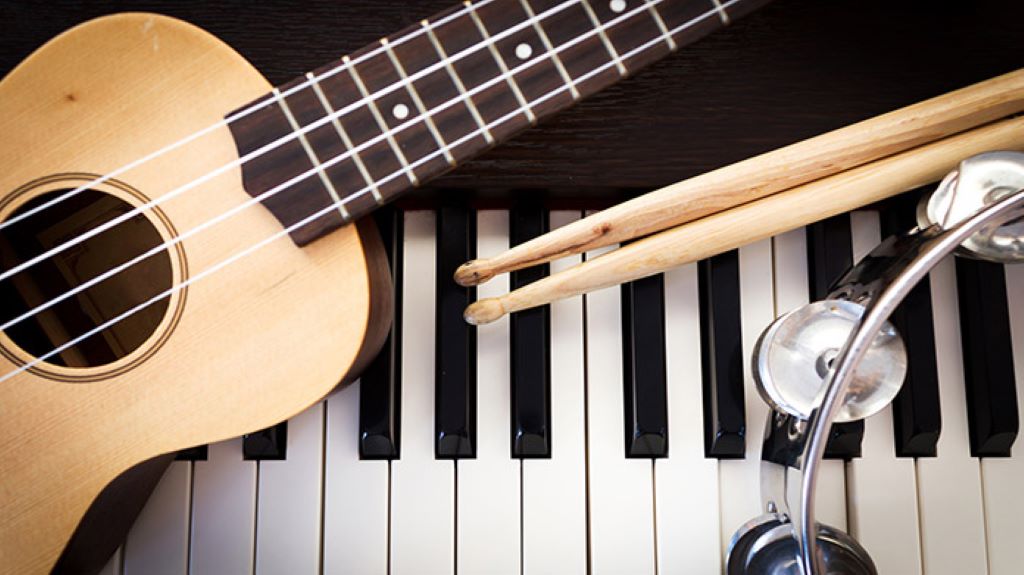
Growing Your Rental Business
Once up and running, several growth opportunities exist to scale up your instrument rental operation over time:
- Expand regionally – Set up satellite rental hubs in neighboring towns once established locally. Offer regional delivery.
- Grow nationwide – Build partnerships, open franchise locations, or manage a nationwide ecommerce rental platform.
- Develop house brands – Start manufacturing and renting out your own branded instrument lines.
- Add lessons & repairs – Offer music instruction or fix up customer rentals for added revenue streams.
- Create student recitals- Host performances for new talent to discover and spotlight young musicians.
- Educator partnerships – Work with local school band directors to become their go-to rental resource. Provide group discounts in return for student volume and referrals.
- Leverage analytics – Track rental frequency analytics to optimize your inventory mix and highlight the “hottest” instruments to feature.
Starting an instrument rental shop takes an initial investment, but can yield lasting profits from your passion for empowering musicians by making instruments accessible. Let’s recap key FAQs for this unique niche…
Frequently Asked Questions
What are the easiest instruments to start renting?
Some of the best starter instruments include student-level guitars (acoustic, electric, bass), keyboard pianos, wind instruments like clarinets and trumpets, as well as violins. These tend to be in highest demand for individual rentals or school music programs. Avoid extremely delicate, valuable instruments early on until you build operational experience.
How many instruments should I stock at first?
We’d recommend starting with at least 10 instruments in 2-3 categories like guitars, keyboards, and a woodwind or string family. As you establish a customer base, goals is to continually expand your available selection with additional model varieties and more niche instruments.
How much can instrument rentals earn?
In the U.S., instruments rent for $15 to $300+ per month depending on their type/value. With good margins around 60-75%+, popular instruments bringing in just $100/month can still generate hundreds in annual earnings each. Renting out just 20 mid-tier instruments averaging $50/month yields $12,000+ yearly. Expand your inventory to significantly scale overall profits.
What insurance do I need?
Carrying specialized rental insurance is crucial to protect against theft, property damages, liability claims or financial loss from potential disputes. Work with an agent to obtain police like commercial general liability, commercial property coverage, professional liability, and gear coverage for your inventory value. Expect to invest 5-10% of instruments’ worth annually.
How do I source good used instruments for renting?
Great places to find quality, affordable used instruments include local music stores, musicians selling gear online, instrument wholesalers, police & insurance auctions. Focus on popular name brands that retain resale value. Vintage instruments with some wear can make great rentals since they won’t depreciate much further from additional use.
Conclusion
Launching an instrument rental business lets you turn your passion for empowering musicians into a stable, rewarding business model. Offering affordable instrument access helps foster artistic talent and keep music education thriving in your community.
Top careers to pursue in music involve not only mastering your craft but also understanding the business side, where success lies in offering the optimal blend of in-demand instruments students actually want to rent, while making the reservation process easy through a well-designed online platform. To thrive, continually reinvest earnings towards expanding your inventory selection, advertising reach, and enhancing the overall customer experience.
If you build relationships with schools and run operations efficiently, an instrument rental company can produce lasting profits for years to come!


